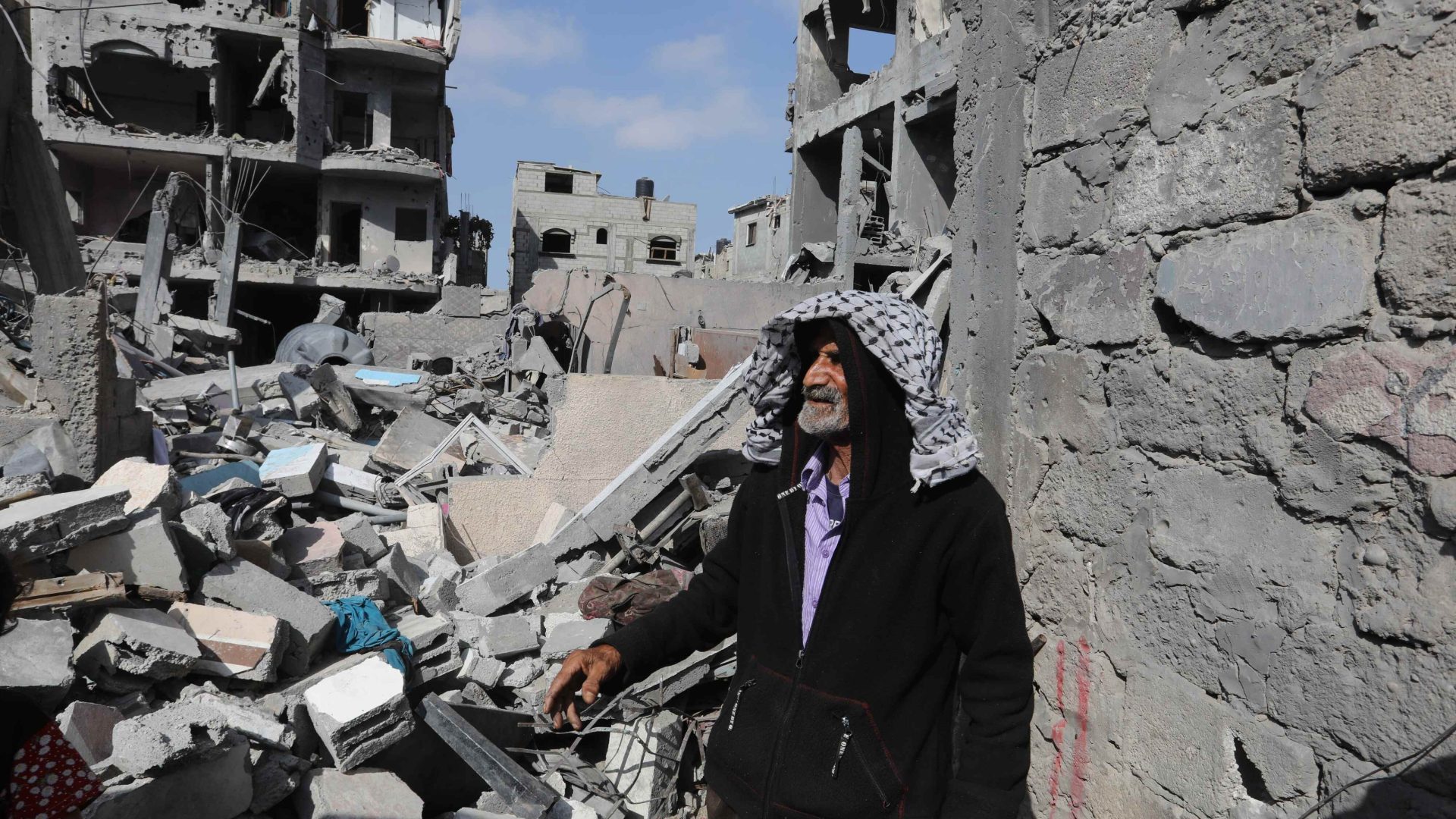The decision by twenty major donors to withdraw funding from the United Nations Relief and Works Agency for Palestinians in the Middle East (UNRWA) has sent shockwaves through the humanitarian landscape. Israel claims that some UNRWA staff were involved in the October 7 attacks. These claims are yet to be vindicated, placing the agency in a sensitive position. Despite the ongoing and necessary investigation, the funding suspension will worsen the plight of already deprived Palestinian civilians, impacting essential resources like food, fuel, and medical assistance.
UNRWA, the largest humanitarian agency in Gaza, has shifted to “emergency” programming, with approximately 1 million people seeking refuge in or around 154 UNRWA shelters. The toll is heavy, with 142 UNRWA staff members losing their lives between October and January.
The impact echoes far beyond Gaza, affecting the entire Middle East. The loss of around $60 million in funding leaves UNRWA unable to pay its 30,000 staff, jeopardizing critical services. In Jordan, officials acknowledge the difficulty of continuing services without additional funding, while in Lebanon, operations face a complete halt by March 2024 if indeed funding is not restored.
In Gaza, already grappling with catastrophic levels of food insecurity, the suspension of UNRWA funding threatens not only specific services, but also the coordination and distribution of aid in the region. The situation contradicts the International Court of Justice’s demands for urgent basic services and humanitarian assistance to alleviate the adverse conditions faced by Palestinians in Gaza.
We are deeply concerned about the unfolding crisis in Gaza, particularly about Gaza’s older generation and the silent struggles they are facing. We have anecdotal evidence that in the north, numbers of older people living in designated shelters is disproportionately high. Older people in Gaza were already living with the long-term impact of conflict and displacement, with reduced access to essential health and social services. The suspension of funding directly impacts the health and well-being of older people who are likely without necessary medications for non-communicable diseases, at risk of isolation, caught in combat areas, and facing starvation due to food insecurity.
As we confront the silent struggles of Gaza’s older people, it is essential to recognize the link between geopolitical decisions and the human cost they impose. The story of UNRWA’s defunding is not merely a political narrative; it is a tale of human suffering, particularly among those who often go unseen—older people grappling with health challenges, isolation, and hunger in the shadows of geopolitical decisions.
In light of all of this, we call upon governments to reassess and backtrack on their decisions to withdraw funding from UNRWA. The humanitarian crisis unfolding demands collective responsibility and a commitment to the well-being of the most vulnerable and those who need it the most, including Gaza’s older people.
This blog piece is written by Tom Colley, Humanitarian Response & Resilience Advisor at HelpAge International, based in the UK.

